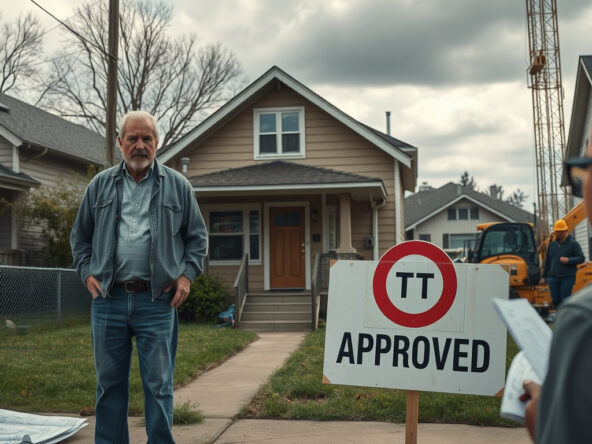Unlicensed Houses in Multiple Occupation (HMOs) Fined in Gravesend
Gravesham Borough Council, whose mandate enforces standards, has fined two landlords whose HMOs lack licences; the council directs fines at properties whose non‐compliance, when housing demand mounts, endangers residents and signals a need for immediate improvement.
Breakdown of Fines
A landlord on Granville Road, whose property is unlicensed, bears a fine of £10,000; a managing agent on Parrock Street, whose responsibility spans a non‐licensed property, bears a fine of £17,500, and the fines total £27,500—a sum that marks the council’s strict method when local regulations are broken.
The Significance of Licensing for HMOs
UK rules require that an HMO, when it houses five or more persons, keep a valid licence, a licence that endures for five years and confirms that the property meets safety and standard checks; properties that serve multiple households through common facilities must follow this rule, and failure, as these cases show, invites severe fines.
Council’s Response to Housing Compliance
The council’s action, carried out by the private sector housing team assigned to seek out unlicensed HMOs, follows a past programme during which many landlords registered; reports from residents and others sustain further investigation, and a council representative explained that fines act as the first step in a measured strategy that pairs regulation with the protection of local living conditions.
The Growing Demand for Compliance in a Competitive Market
Population growth and the rise in rental needs, especially in HMOs, force property investors to know licensing rules; investment in rentals demands a careful reading of local regulations, and meeting these standards not only benefits tenants but also protects a landlord’s investment in a market where strict rules and heavy penalties may follow any oversight.
Conclusion
Recent fines from Gravesham Borough Council, imposed on unlicensed HMOs, remind landlords and investors that abiding by housing regulations is not optional; local authorities pursue operators who stray from these rules, and the council’s active approach sends a signal that property safety and resident protection remain enforced in this challenging market.



